There are many myths about eggs, such as egg yolks contain more protein and nutrients than egg whites. So is this true?
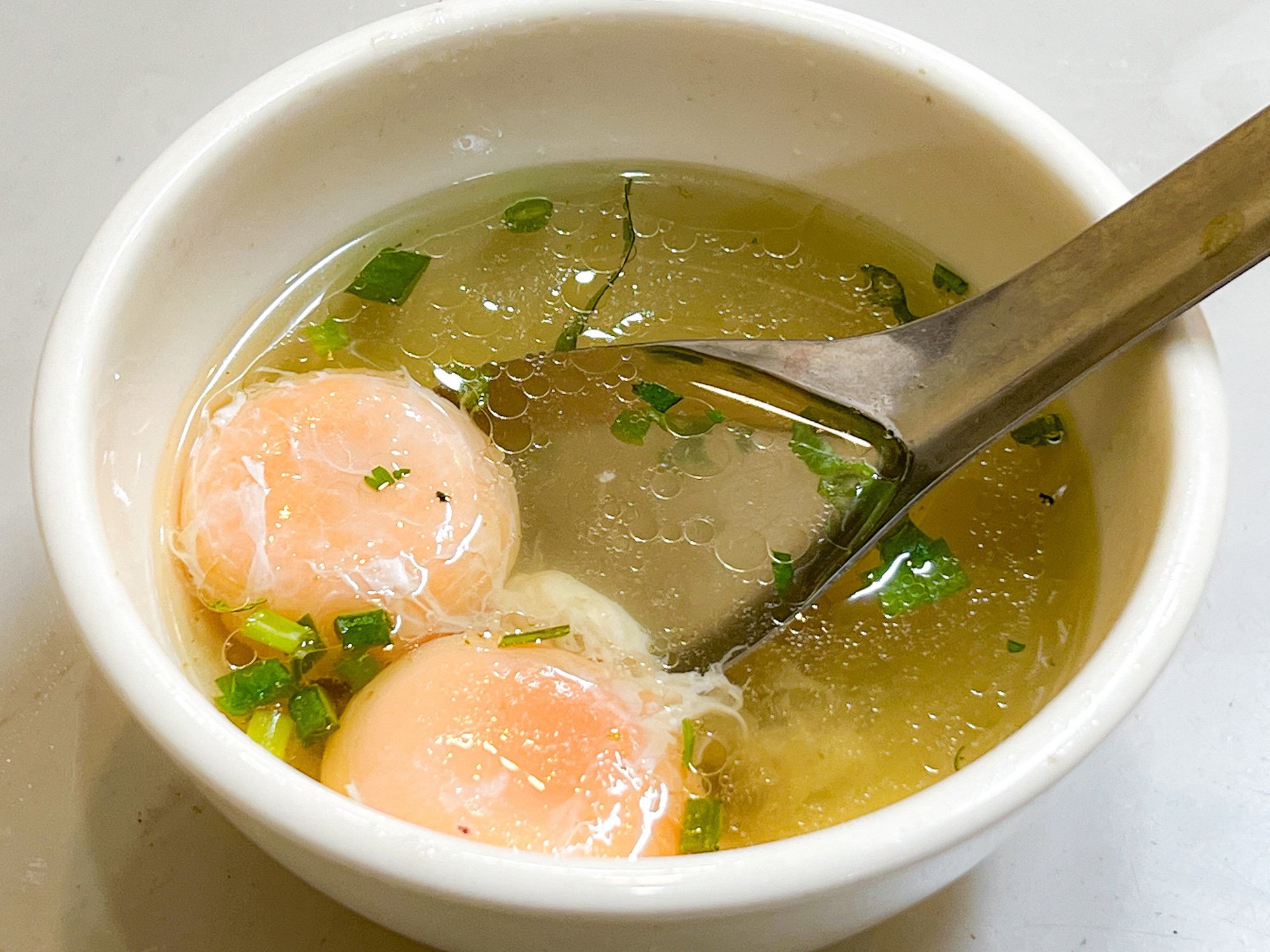
Egg yolks and egg whites have different nutritional values - Illustration: NAM TRAN
Nutritional value of eggs
Sharing about this issue, MSc. Ngo Thi Ha Phuong - Nutrition Communication Education Center - National Institute of Nutrition - said that eggs are a popular food in daily meals due to their nutritional value and convenience.
Eggs can be prepared in many dishes and can be used for many different purposes.
Besides, egg dishes are all very quick to prepare, it only takes 10 minutes to have a delicious plate of eggs from stirring, frying and serving, and if you boil eggs, it takes 5 - 10 minutes for the eggs to be cooked depending on your taste.
In terms of nutritional value, eggs are one of the foods rich in protein, monounsaturated fatty acids, vitamin D, vitamin B12, biotin, riboflavin, selenium and iodine.
Egg yolks are one of the few natural food sources of vitamin D, and lipid complexes increase the bioavailability of phytonutrients in the yolk, such as lutein and zeaxanthin.
Eggs are a source of pantothenic acid, phosphorus, vitamin A and folate. It can be said that eggs are a food with high biological value, a rich source of protein, containing vitamin B12 and a variety of micronutrients and bioactives.
Egg protein is evenly distributed between egg white and egg yolk; while lipids, vitamins and minerals are mainly concentrated in egg yolk.
According to the Vietnamese food composition table, 100g of chicken eggs provide 150kcal, contain 12.96g of protein, 10.33g of fat (lipid) and 1.25g of carbohydrates.
Some notable minerals include calcium, 100g of chicken eggs contain up to 55mg (half when compared to 100ml of fresh milk), iron is 2.7mg. An average chicken egg (weighing about 50g) provides 75kcal, more than 5g of fat, negligible carbohydrates and provides 27.5g of calcium.
Egg yolk or egg white better?
According to MSc. Phuong, the content of energy-providing substances and the content of minerals and vitamins in egg yolks and egg whites are different.
Specifically, egg yolks provide more energy than egg whites due to their water content being half as low and containing a higher amount of fat (29.8g per 100g) compared to egg whites (0.1g).
The amount of minerals such as calcium, iron, etc. in egg yolks is many times higher than in egg whites.
For example, the amount of calcium in the yolk is 134mg compared to 19mg in the egg white. The amount of iron is 7.0mg compared to 0.3mg.
In terms of protein, egg yolks and egg whites both contain high amounts of protein (equivalent to 13.6g and 10.3g).
100g of egg yolk provides 327kcal, while 100g of egg white only provides 46kcal. 100g of egg yolk contains up to 960mcg of vitamin A...
In addition, when comparing chicken eggs and duck eggs, the nutrients are almost equivalent. Duck eggs provide more energy than chicken eggs because they contain higher amounts of protein, fat and carbohydrates than chicken eggs.
Source: https://tuoitre.vn/an-long-do-hay-long-trang-trung-tot-hon-20250208115223526.htm



![[Photo] General Secretary To Lam holds talks with General Secretary and President of China Xi Jinping](https://vstatic.vietnam.vn/vietnam/resource/IMAGE/2025/4/14/b3d07714dc6b4831833b48e0385d75c1)

![[Photo] National Assembly Chairman Tran Thanh Man meets with General Secretary and President of China Xi Jinping](https://vstatic.vietnam.vn/vietnam/resource/IMAGE/2025/4/14/4e8fab54da744230b54598eff0070485)
![[Photo] Reception to welcome General Secretary and President of China Xi Jinping](https://vstatic.vietnam.vn/vietnam/resource/IMAGE/2025/4/14/9afa04a20e6441ca971f6f6b0c904ec2)
![[Photo] Prime Minister Pham Minh Chinh meets with General Secretary and President of China Xi Jinping](https://vstatic.vietnam.vn/vietnam/resource/IMAGE/2025/4/14/893f1141468a49e29fb42607a670b174)
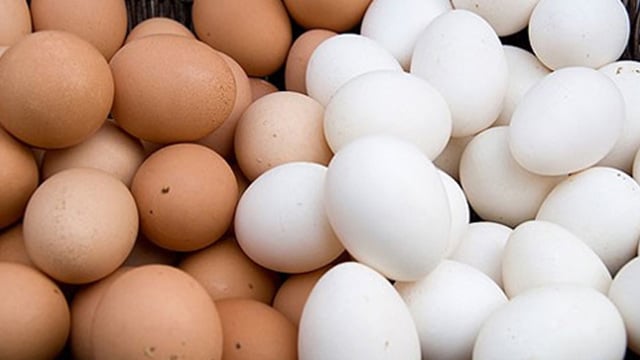

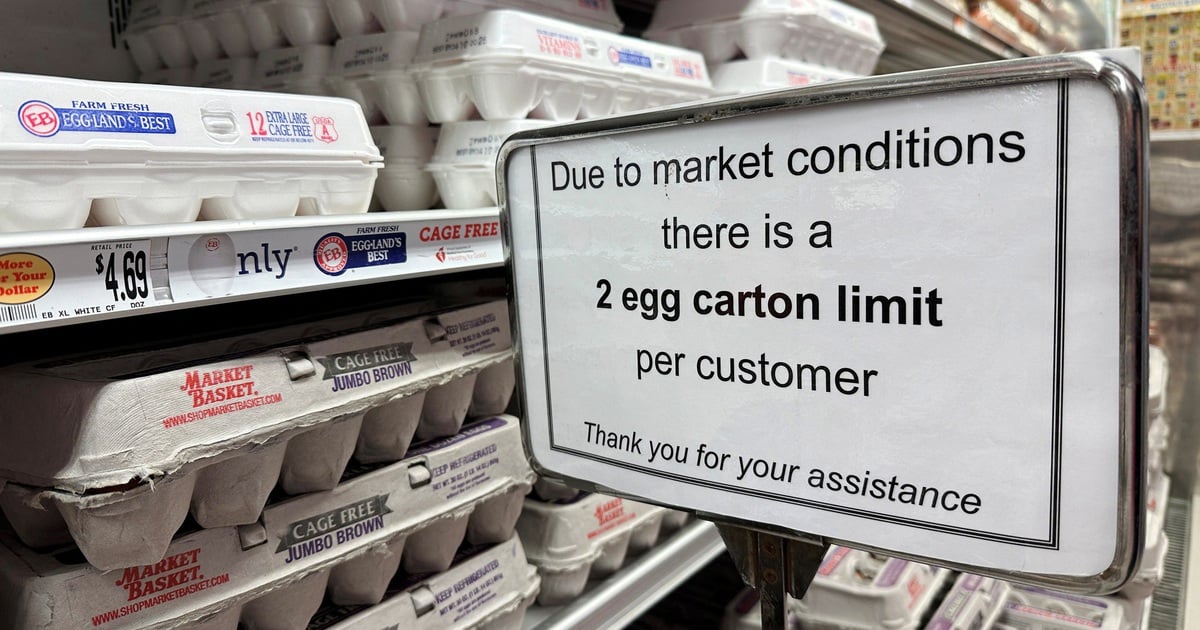

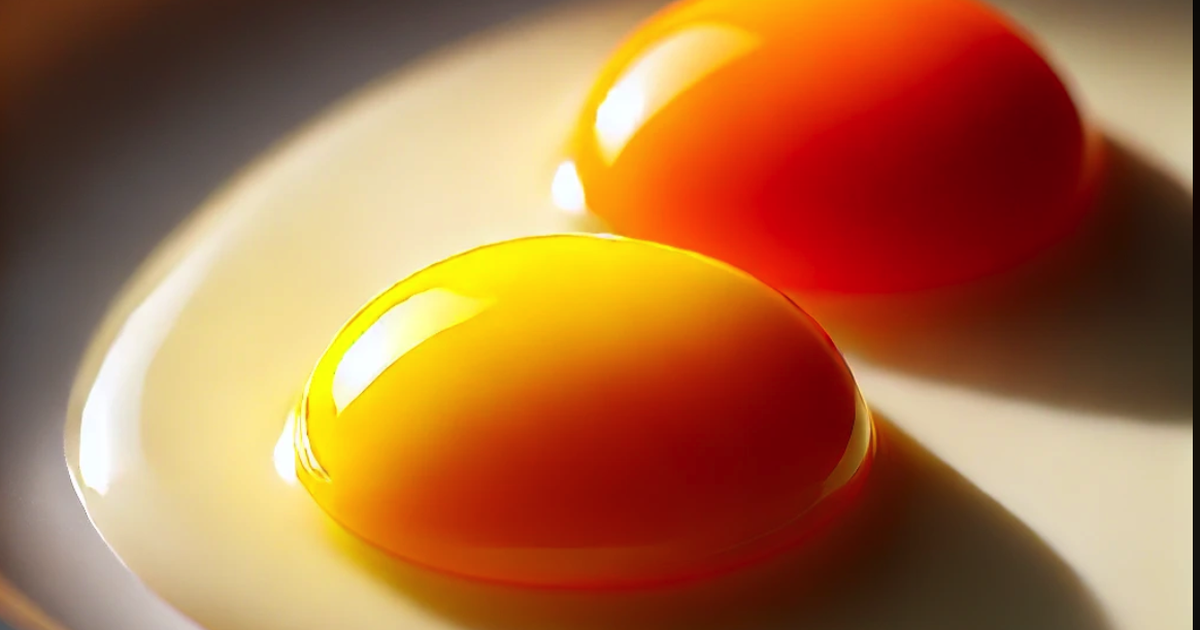
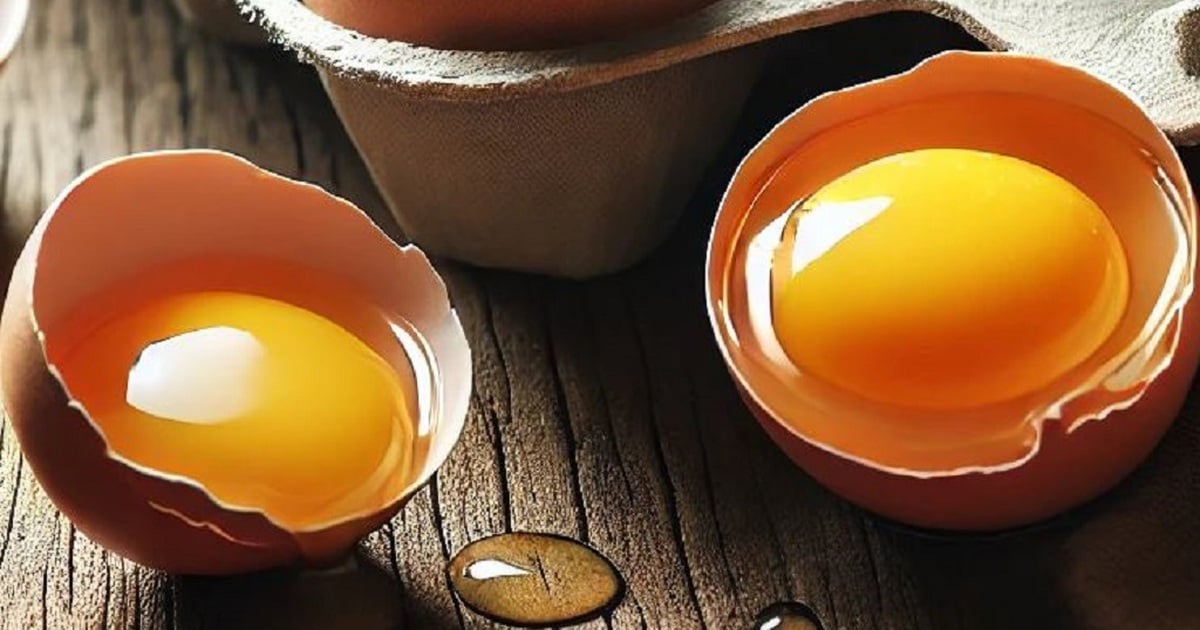



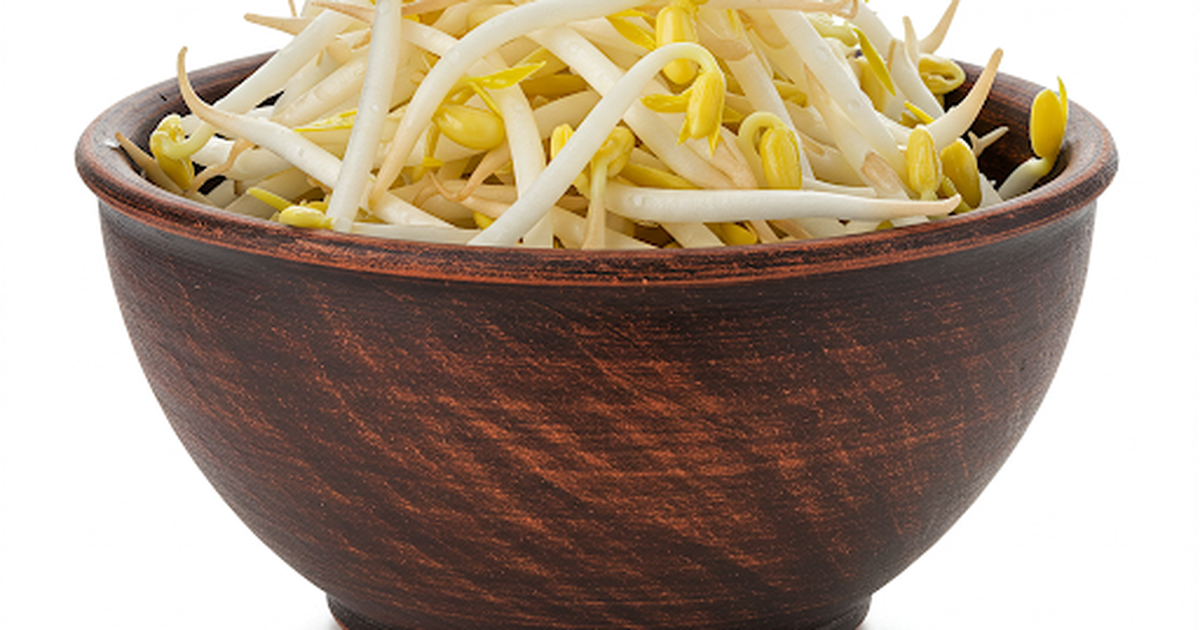

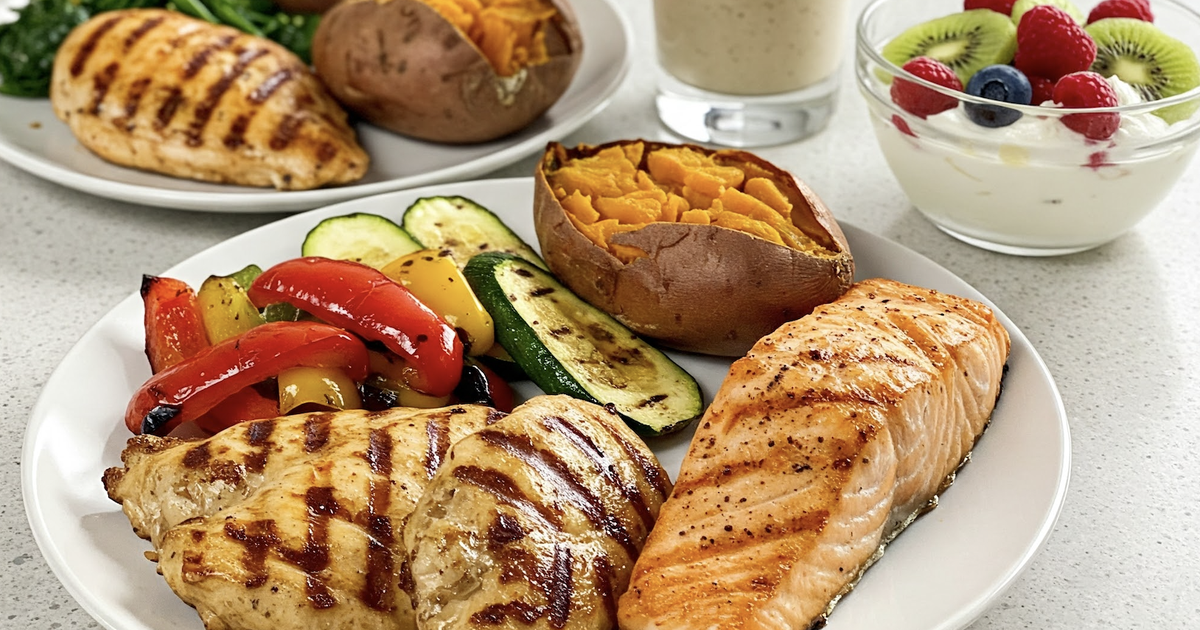













































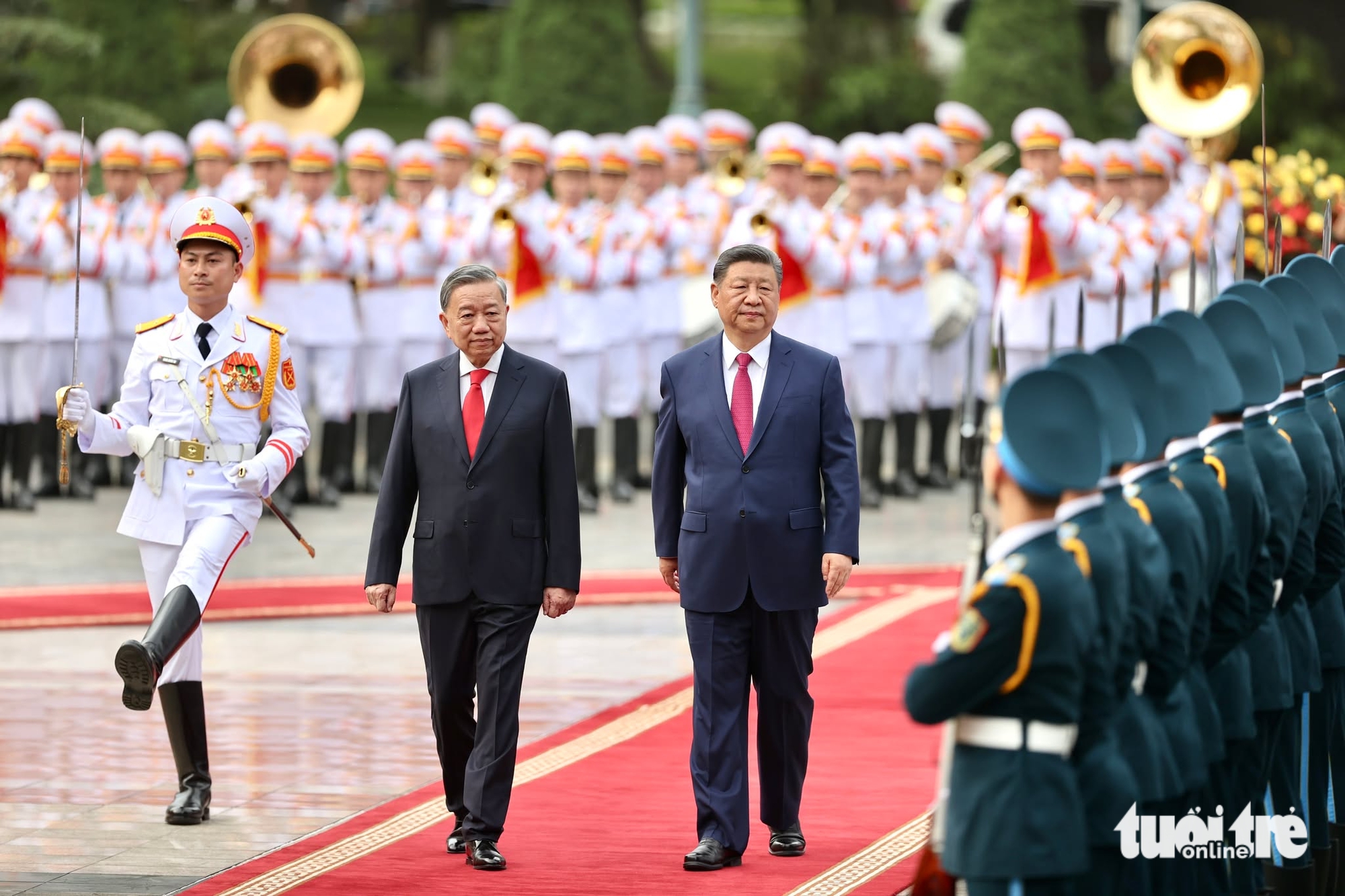






























Comment (0)